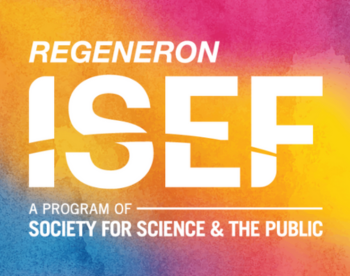2024Fall What top competitions did the students who got G5 offers from Ivy League schools participate in?
The 2024Fall US undergraduate application season has come to a perfect end! The overall number of applicants to most Ivy League schools hit record highs this year , while admission rates continue to fall! Taking Harvard University as an example, this year it received a total of 54,008 applications, with an acceptance rate of 3.59% (last year, 3.41%), but it is still the fourth lowest in history.
Faced with the current situation that the admission rate of American universities has generally dropped this year, many students and parents are feeling stressed and full of worry and anxiety about the uncertainty of the future. They do not know what scientific research projects to do to improve their competitiveness.
to climbing the vine is a marathon that requires persistence and faith. In order to solve everyone's problems and difficulties, Mr. H, the scientific director of Embark, recently brought you a wonderful lecture with the theme of [ 2024Fall Biochemical Research Sharing Session] .
Embark Science Supervisor | Teacher H
✔Research fields: optimization of microbial metabolites, biotechnology, etc.
✔ Good at analyzing the award-winning trends of major international top scientific research competitions such as ISEF and Qiu Prize.
✔ Lead students to win the fourth prize in the ISEF Global Finals in 2021, and lead students to win the first and second prizes in the Global Finals in 2022-2023 (owning the right to name asteroids) .
share outline
✨ The admission data of Ivy League schools in the field of biochemistry for 2024Fall is shockingly revealed!
✨What majors are there in biochemistry? What academic foundation is required?
✨Traditional vs modern! How should a biochemist choose a track?
✨Exclusive ! Embark biochemistry student admission case sharing!
In the lecture, Teacher H used vivid language and rich cases to analyze in detail the standards and process of admission to Ivy League schools . He emphasized the importance of academic performance, scientific research experience, personal strengths and comprehensive qualities in applications, and shared how to effectively demonstrate your strengths and potential. These contents are undoubtedly a shot in the arm for biochemists, allowing them to clarify their efforts and goals more clearly.
It doesn’t matter if you missed this live broadcast. My senior sister helped you extract the essence of the lecture. Come and make up for it as soon as possible~
01. The most comprehensive popular science! What are the subdivisions of biochemistry?
In the lecture, Teacher H was full of witty words, not only showing his deep understanding of biochemistry-related majors, but also inspiring students' enthusiasm and pursuit of scientific research with passionate language.
First of all, Teacher H explained the basic principles and research progress of general biology , biophysics , microbiology , cell biology , neurobiology and other majors in a simple and easy-to-understand way, so that everyone had a clearer understanding of biology.
Secondly, he gave a wonderful interpretation of chemistry-related majors such as inorganic chemistry , organic chemistry , physical chemistry , etc. through vivid cases and experimental sites . Finally, he emphasized the important role of chemistry in biological research and pointed out the close connection and interpenetration between biology and chemistry.
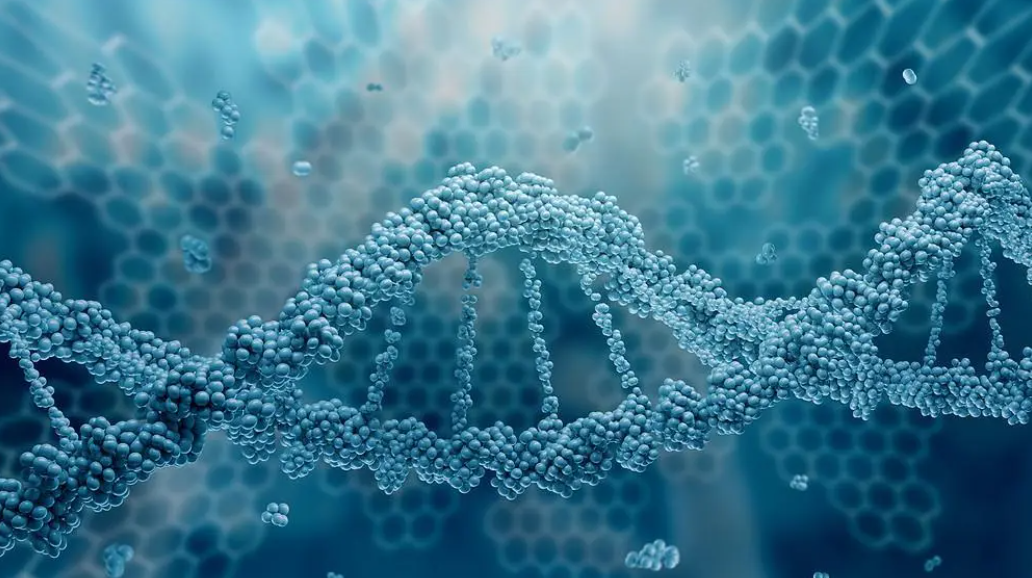
Compared with other disciplines, biochemistry has more subdivisions and is more professional. Take ISEF as an example. Among the 22 subjects in ISEF, fully half are related to biochemistry! There are traditional experimental sciences that require people to go into the laboratory and put on white coats to do research , and there are also many disciplines that are based on huge data and intersect with computer science.
2、Interpretation of the latest admission cases in the biochemistry direction
Scientific research ability is an indispensable part of admission to Ivy League schools . Students admitted to Ivy League schools usually have strong scientific research interests and solid scientific research foundations, and have won many honors in various international competitions . All of these have served them well. The application is even more glorious.
Small interests lead to big scientific research . Some children have already become friends with Embark when they are still in the stage of exploring their interests. During the lecture, Teacher H encouraged the students to dig deep into their own interests and find opportunities to combine them with academic research, which not only helps improve Application background can also lay a solid foundation for future academic development.
Later, Teacher H combined the freshly released real cases to get the inside story of students being admitted to Ivy League schools ! Let’s take a look at what scientific research the students admitted to Ivy League schools have done?
Classmate Embark L
High School: Overseas High School
Scientific research honors: 2021 ISEF Finalist, Grand Final 4th, SAO; 2022 ISEF Finalist, Grand 2nd Award
Won 6 TOP American book offers:
5 Ivy League schools (Princeton University, Yale University, University of Pennsylvania, Dartmouth College, Columbia University), Stanford University
Research Topics:
Neuroscience - Auditory stimulation such as music can modulate neural activity to help treat brain injury TBI.
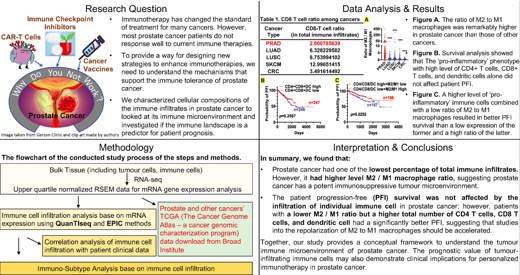
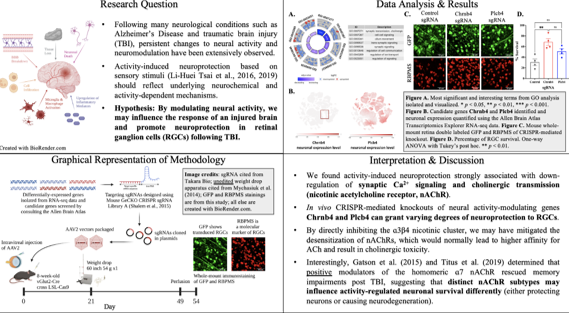
Classmate Embark Z
High School: International School AP
Research Honors: Talent Program, ISEF National Team
Won the top American undergraduate offer: Duke University
Research Topics:
Use computer simulation and PUP-IT technology to study the effects of LPAI and LPA4 on cancer cell migration.
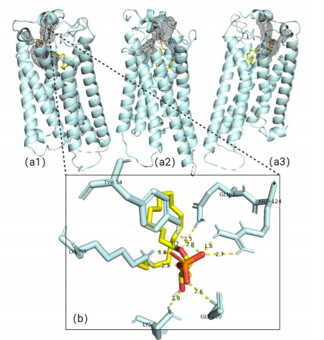
Classmates L and Z worked side by side with Embark. With our scientific planning and his day-by-day efforts, Cuilu Dream School finally opened the door to the top elite school ! From the academic experiences of the two students, I saw the power of hard work and persistence, as well as the importance of scientific planning and professional guidance.
Preparation guide for biochemistry
The Shing-tung Yau Middle School Science Award and ISEF are undoubtedly the top competitions in the field of biochemistry. With their unique charm and influence, they attract a large number of middle school students with innovative spirit and scientific research talents to join them every year.
the only scientific research competition currently open to Chinese middle school students around the world, the Yau Prize is a scientific innovation award for middle school students initiated and established in 2008 by the mathematics master Mr. Yau Shing-tung. Form participation.
The Qiu Prize in Biology was established in 2016. In the same year, the Chemistry Prize and the Interdisciplinary Comprehensive Award - Science Gold Medal were also established. Participating students come from top high schools at home and abroad, and more than half of the award-winning young students have gone on to study at well-known Chinese and foreign universities such as Tsinghua University, Peking University, Harvard, MIT, Yale, and Princeton .
Attention biochemists! The 2024 Yau Sing-tung Middle School Science Award has entered the countdown stage of preparations, and the official website of the Yau Award Asia Division has also released the 2024 new season timeline.
2024· Schedule
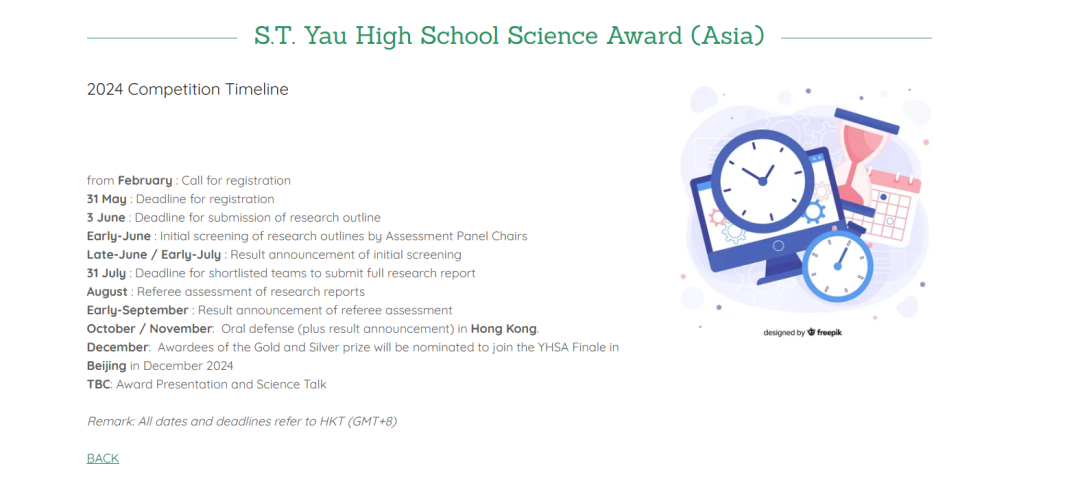
February : Registration open
May 31: Registration deadline
June 3: Deadline for submission of research outlines
Early June: The organizing committee conducts a preliminary review of the outline
Late June/early July: Preliminary review results announced
July 31: Deadline for full research report submissions
August: Review & evaluation of research reports
Early September: Assessment results announced
October/November: Oral defense and results announcement
December: Global Finals
* The above are all in Hong Kong time (GMT+8), the specific arrangements are subject to the official website announcement
ISEF is even known as the "Little Nobel Prize". Its large scale and high level make it a leader in the world. High school students who take science and engineering as their academic direction often regard winning ISEF awards as an important academic goal.
ISEF is open to middle school students in grades 9 to 12 around the world, covering almost all subjects, including 22 sub-disciplines such as physics, chemistry, computer, engineering, social science, biology, etc., among which biochemistry accounts for half of ISEF!
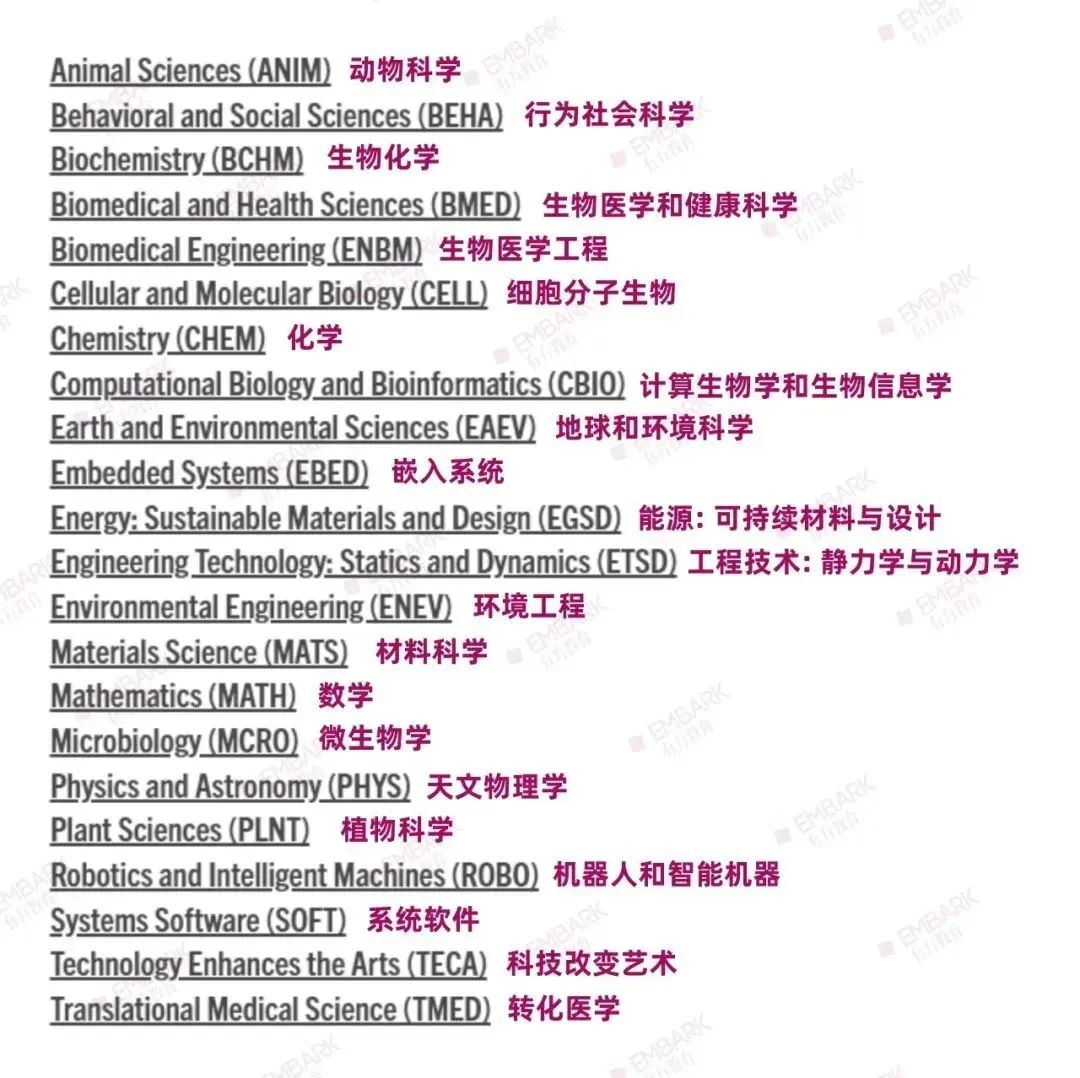
The 2025 ISEF Global Finals is in May, and the new season is quietly approaching with the arrival of the finals! If biochemists want to show their style in the ISEF competition, now is the critical moment for preparation and planning!



